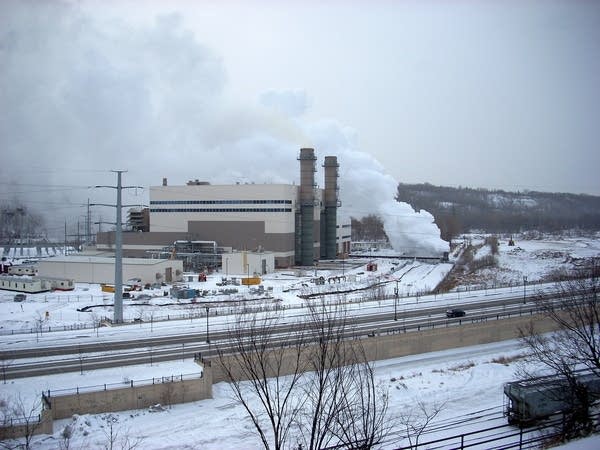Minnesota heating costs are expected to rise, but not yet for bill payers

Xcel Energy's natural gas fired combined cycle generating plant beside St. Paul's High Bridge. State utility regulators are investigating how the big spike in natural gas prices last week could affect customers in Minnesota.
Tim Nelson | MPR News 2008
Go Deeper.
Create an account or log in to save stories.
Like this?
Thanks for liking this story! We have added it to a list of your favorite stories.


